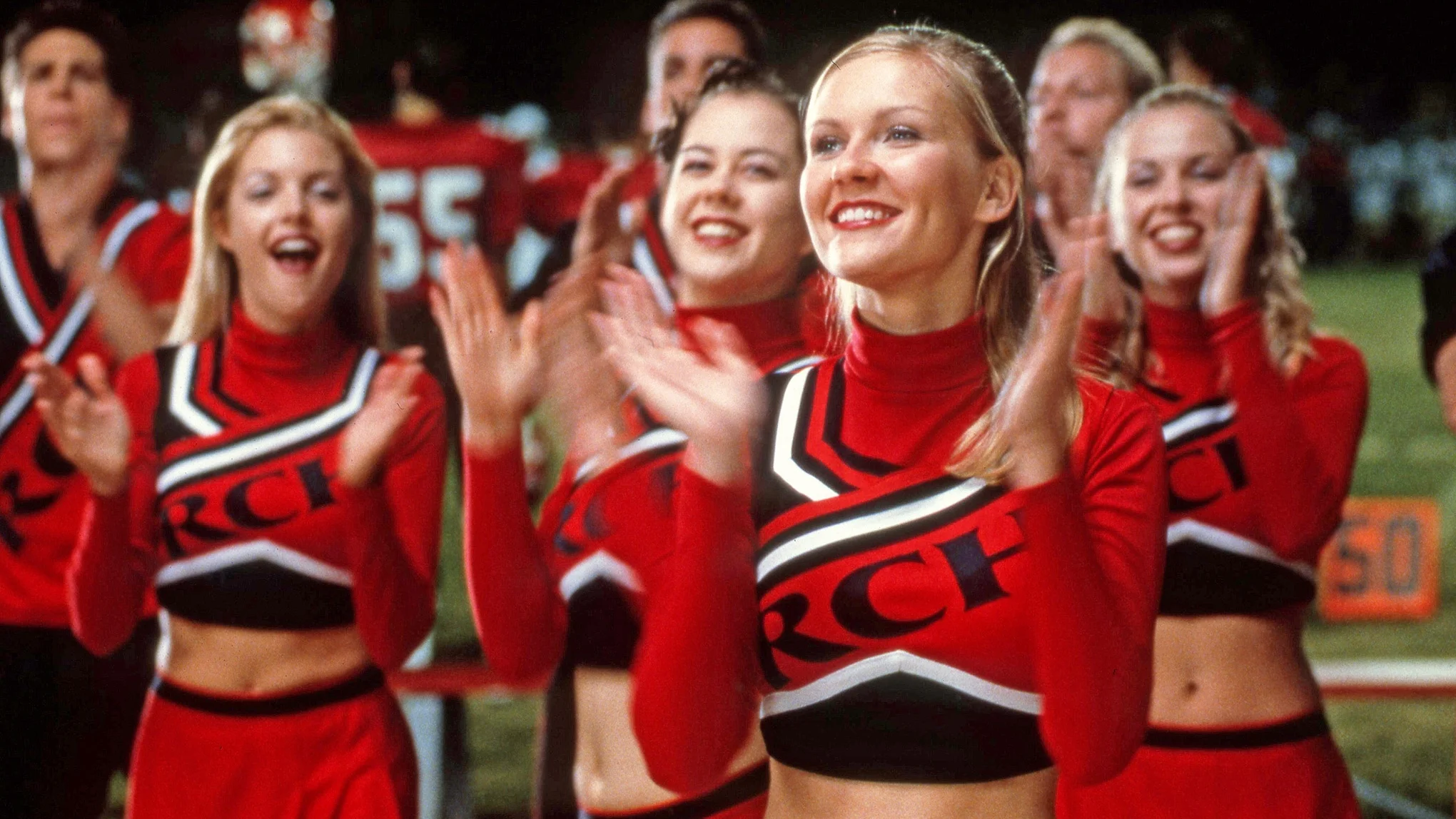"It's a Cheerocracy": Peyton Reed's Bring It On (2000)
Where were you for the whole ‘Ant-Man’ debacle? There were enough rumors between Marvel Studios and planned director Edgar Wright that when the whole match-up crumbled down, it only seemed inevitable for the replacement to fit the corporate definition of the film’s stylistic and narrative function, rather than a more idiosyncratic direction. Peyton Reed’s name, at the time, was greeted with derision, especially by Wright fanboys who have been barking up his tree since the famed Shaun of the Dead. If Wright wasn’t on board, then any other filmmaker would have to be equally cemented in the popular film-bro canon, and again, the director of The Break-up and Yes Man? No way.
When Ant-Man released, it was received with general positivity and an accepting reaction, although many individuals observed closely for Wright’s fingerprints and stamp on the former passion-project for the director. What many ignored, however, is Reed’s own penchant for talkative, engaging characterization, fluid plotting, and heist trappings, even if the overall product was enough of a mish-mash to cause the film to never fully leave the atmosphere. Reed is now back for Ant-Man and The Wasp, offering a more prominent female counterpart with Evangeline Lilly, and it signals a more personal, complete film from a director who has never fully been given his due as a competent craftsman and an invigorating voice of tricky, imbalanced relationships.
This can all be found in his first feature film, 2000’s Bring it On, which has grown a cult following and multiple direct-to-video sequels, years after its release. With a cast of Kirsten Dunst, Gabrielle Union, and the dad from Donnie Darko (Holmes Osbourne), its teenage roots don’t stop the film from being a full-on musical farce, with an almost incomparable disregard for the actual ‘school’ part of High School education. Reed is all about the skewering of after-school activities, whether it’s found in the fights between the terrible football team and the successful cheer team, the latter on which the film is based on. There is no filter on the bravado and fierceness of these characters, and it’s liberating in the same way that Mean Girls and Fast Times at Ridgemont High are. Offering a standard story of a cheer team hoping for another national win, all while Kirsten Dunst’s Torrance is yearning to be a successful captain in her last year of high school, what defines Bring It On is in the outrageous and the goofy, prodding the high school ecosystem while still creating an exhilarating sports movie out of a frequently-underseen subset of school activities.
In fact, the various cheer sequences are so great, energetic, and vital that it doesn’t really matter whether the actual actors are performing the more grandiose stunts. The set-piece moments are like a bravura sing-along or a balletic action scene – they inform character, push the story forward, and act as a crystallization of the film’s themes. And in the case of Bring It On, it really wrestles with the idea of women finding their own place, and it's utopian in how accepted, prominent, and popular the sport is on a national scale. Obviously, ‘cheer’ isn’t in the ranks with the MLB or the NBA, but it finds a groove in Bring It On as a sport of empowerment and community, teamwork, and passion. This still comes across as a highlight in a movie that also proves to poke at every high school trope, and it’s a miracle that the characters reveal as much depth as they do. Dunst’s Torrance is a popular ‘cheer’ girl, sure, and yet she confronts her cheating college boyfriend without remorse and holds strong against the forces closing against her.
This balance between the farcical and the more intrinsically dramatic allows Bring It On to soar as its own magical concoction – a parody of a sports movie that also happens to care about the cardboard characters that it chooses to flesh out. Peyton Reed and screenwriter Jessica Bendinger have their cake and eat it too, but each distinct side works on its own, and even if it was an outright parody or an average teenage sports drama, it still would’ve had merit. This method of tip-toeing the line between modes of genre can be traced through Yes Man and Ant-Man, as they’re working through darker lines via lightness and swift comedy, especially in the latter with the father-daughter material. Peyton Reed was chosen for Ant-Man precisely because he knows what he’s doing, and Bring It On is a prime example of why.














